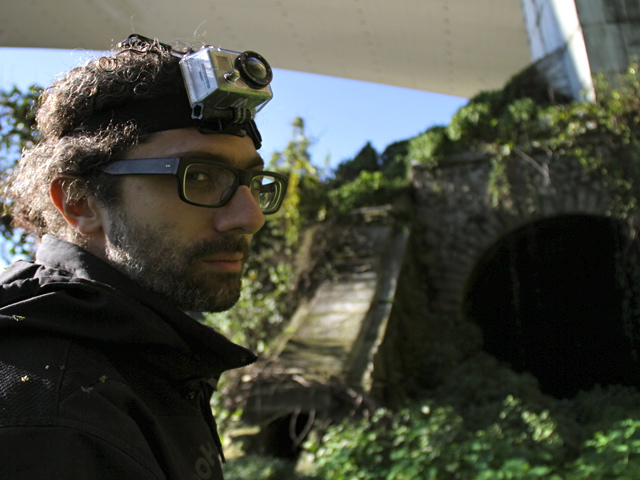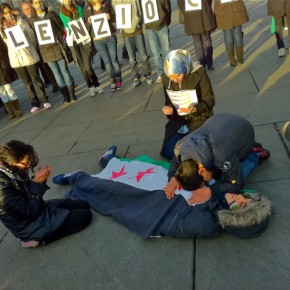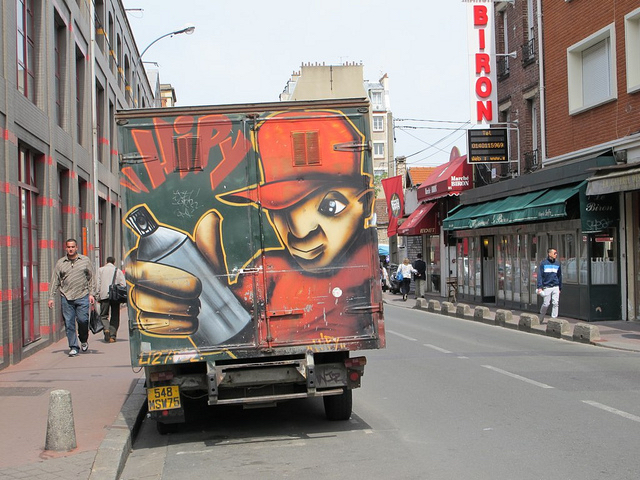As a composer in the post-dub era, Jerusalem-born and New York-raised Raz Mesinai has spent the past 25 years burrowing under the surface realms of genre and song format to find a reverberant sonic space of his own. With Tunnel Vision (Tzadik), his filmmaking debut, Mesinai takes that burrowing to another level by tying together the praxes of tunneling, sound composition and non-linear narrative.
Tunnel Vision centers around an amorphous group of three to five people finding and exploring one of the many ancient mines under the city of Porto in Portugal. The film is skillfully directed and edited by Mesinai—who many would know for his work in underground electronic music as Sub Dub and Badawi—and scored by fellow experimental-dub artist Jonathan Uliel Saldanha, who among other projects fronts the Porto-based “voodoo-dub” outfit HYY & the Macumbas.
Mesinai establishes the subversive nature of tunneling early in the film. As the director explains his fascination with the underground via voiceover, a character designated Geo-Phone Bob—headphoned, suited in orange and twiddling knobs on a box—performs a cryptic, surveyor-style metering ritual on a street corner at night that draws the scrutiny of a security guard watching him from 20 feet away. Clearly, even preparing for the act of going underground is subject to monitoring on the surface.

Soon, Mesinai, Bob, and a couple of other cohorts are seen sealing their plans for the journey. From there, the film’s visual narrative moves into various manifestations of depth and sub-terrain, from opaque traffic tunnels to a dusky nightclub full of undulant neo-turf dancers. Via a couple of long point-of-view shots, we viewers leave the club to follow an aloof trickster character called the Gatekeeper through a neighborhood and eventually to a dead end and what’s designated an abzu or sacred aquifer. Shot with a haunting mauve filter, the abzu scene foreshadows the impressionistic final scene in the mine, itself redolent in hypnotic long shots in irresistibly contrasting black & white.
Saldanha’s abstract score is performed by Mesinai and a crew of 9 others including the composer himself. Saldanha blends bass, percussion, winds, electronics and some intense wailing by Jessika Kenney and Catarina Miranda to create a ritualized atmosphere to the proceedings that proves both hypnotizing and extremely effective.
Related to this, Tunnel Vision extends a narrative format that Mesinai calls “Dub Fiction” and describes as “a form of storytelling utilizing various mediums of modern technology to create elastic narratives which can be manipulated and, essentially, remixed by others.” In short, storylines and plots can resemble sound signals that can be routed through and effected by various filters. A storyline can decay or become reverberant, and aspects of it can echo or face other effects of repetition.
In a way, Dub Fiction is presaged by (among other items) the random collage techniques that director Anthony Balch used in the legendary broken-narrative shorts The Cut Ups and Towers Open Fire, which he filmed in early-’60s Paris with writer/underground icon William Burroughs and painter Brion Gysin. Indeed, Tunnel Vision‘s Gatekeeper sequence evokes a similar scene in which Balch shoots Burroughs from behind as he strolls through the streets of the Latin Quarter.
Although Tunnel Vision is hardly the first film to document urban exploration, Mesinai and Saldanha’s synthesis of impressionistic cinematography, resonant score and ambiguous narrative definitely makes it the most unique and original.
The Tunnel Vision DVD will be released on April 23rd. Screenshots courtesy of Raz Mesinai.





